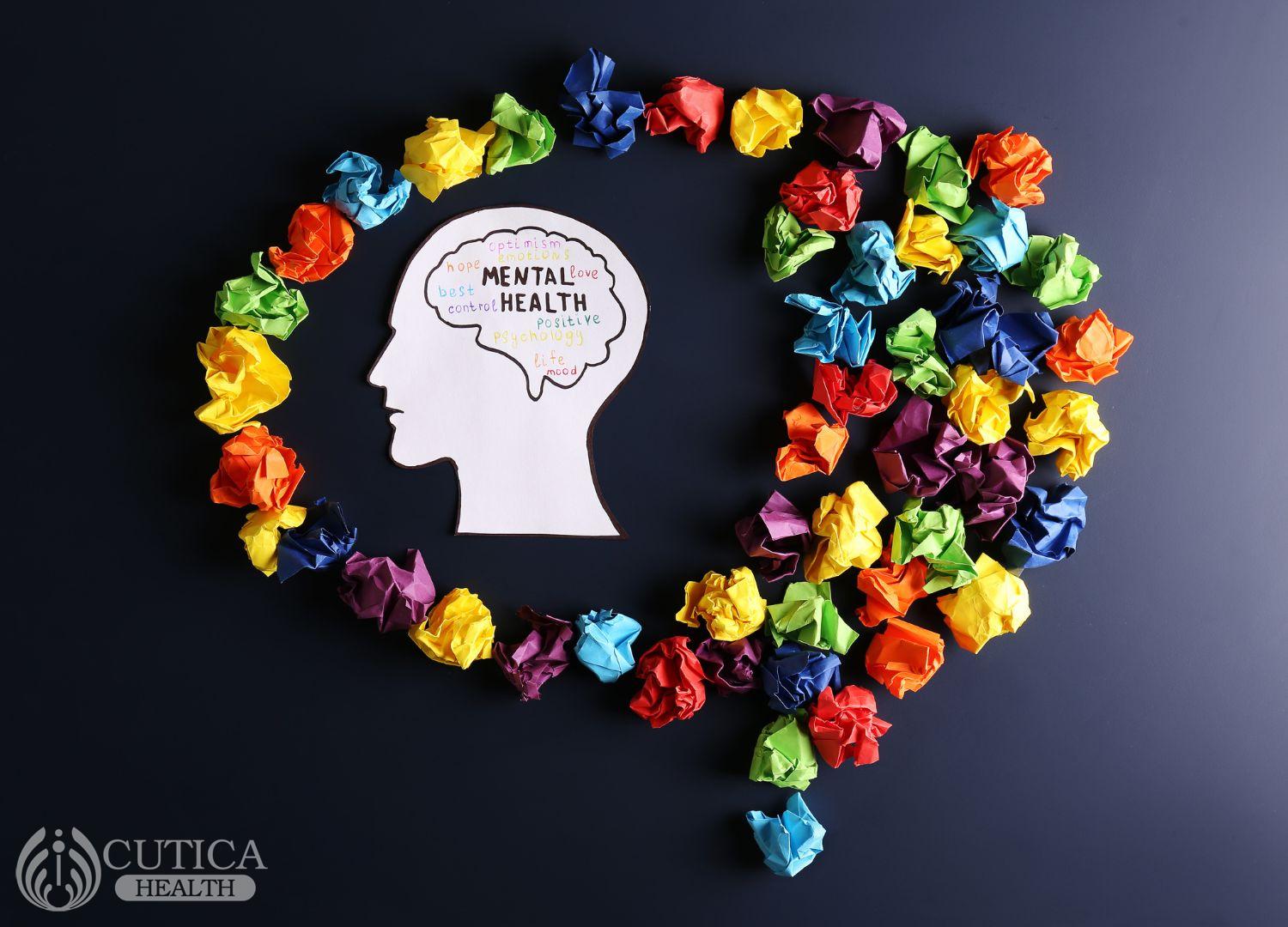Sarah lay in bed, tossing and turning. Her mind raced with worries and anxieties that intensified with each passing hour. She knew she needed sleep, but it just wouldn't come.
Sleep is essential for our overall health and well-being and is crucial to our mental health. This article will explore the connection between sleep and mental health and learn how poor sleep can impact our mental well-being.
The Importance of Sleep for Mental Health
Sleep is a vital component of a healthy lifestyle. When we sleep, our bodies and minds can rest and repair themselves. Getting enough sleep can improve our mood, boost our immune system, and help us manage stress more effectively.

Research has shown that sleep also plays a crucial role in our mental health. When we sleep, our brains consolidate memories and process emotions, helping us regulate our moods and reduce stress.
The Link Between Poor Sleep and Mental Health
Unfortunately, poor sleep can harm our mental well-being. Chronic sleep deprivation can increase the risk of developing mental health conditions such as depression and anxiety.
Sleep and Depression
Depression is a mood disorder that affects millions of people worldwide. Research has shown that poor sleep can contribute to the development and severity of depression.
People with depression often experience insomnia, difficulty falling or staying asleep, or sleeping too much. These sleep disturbances can make depression symptoms worse, leading to a vicious cycle of poor sleep and worsening mood.
Sleep and Anxiety
Anxiety is another common mental health condition that can be exacerbated by poor sleep. People with anxiety often experience racing thoughts and worry, making falling or staying asleep difficult.
Lack of sleep can also lead to physical symptoms such as restlessness, irritability, and fatigue, making it harder to manage anxiety during the day.
Sleep and Bipolar Disorder
Extreme highs and lows characterize bipolar disorder in the mood. People with bipolar disorder often experience sleep disturbances during manic and depressive episodes.

During manic episodes, people with bipolar disorder may have racing thoughts and feel energized, making sleeping difficult. During depressive episodes, people with bipolar disorder may experience difficulty sleeping or sleep too much.
The Role of Sleep in Treating Mental Health Conditions
Treating sleep problems can be an effective way to improve mental health outcomes. Cognitive-behavioral therapy for insomnia (CBT-I) focuses on improving sleep habits and can be helpful for people with insomnia and other sleep disorders.
In addition to therapy, medications such as antidepressants and anti-anxiety medications can also help treat sleep disturbances and improve mental health outcomes.
Tips for Improving Sleep
Improving sleep habits can be an effective way to improve mental health outcomes. Here are some tips for getting better sleep:
- Stick to a sleep schedule, go to bed, and wake up about the same time each day.
- Create a relaxing bedtime routine, such as taking a warm bath or reading a book.
- Limit caffeine, nicotine, and alcohol intake, particularly in the evening.
- Avoid using electronic devices such as smartphones and tablets in bed.
- Make sure your bedroom is calm, dark, cool, and quiet.
- Get regular exercise
Takeaway
Getting enough sleep is essential for our overall health and well-being, particularly our mental health. Poor sleep can contribute to the development and severity of mental health conditions such as depression and anxiety.
Treating sleep disturbances can be an effective way to improve mental health. By improving sleep habits and seeking professional help, we can take control of our mental well-being and improve our quality of life.

